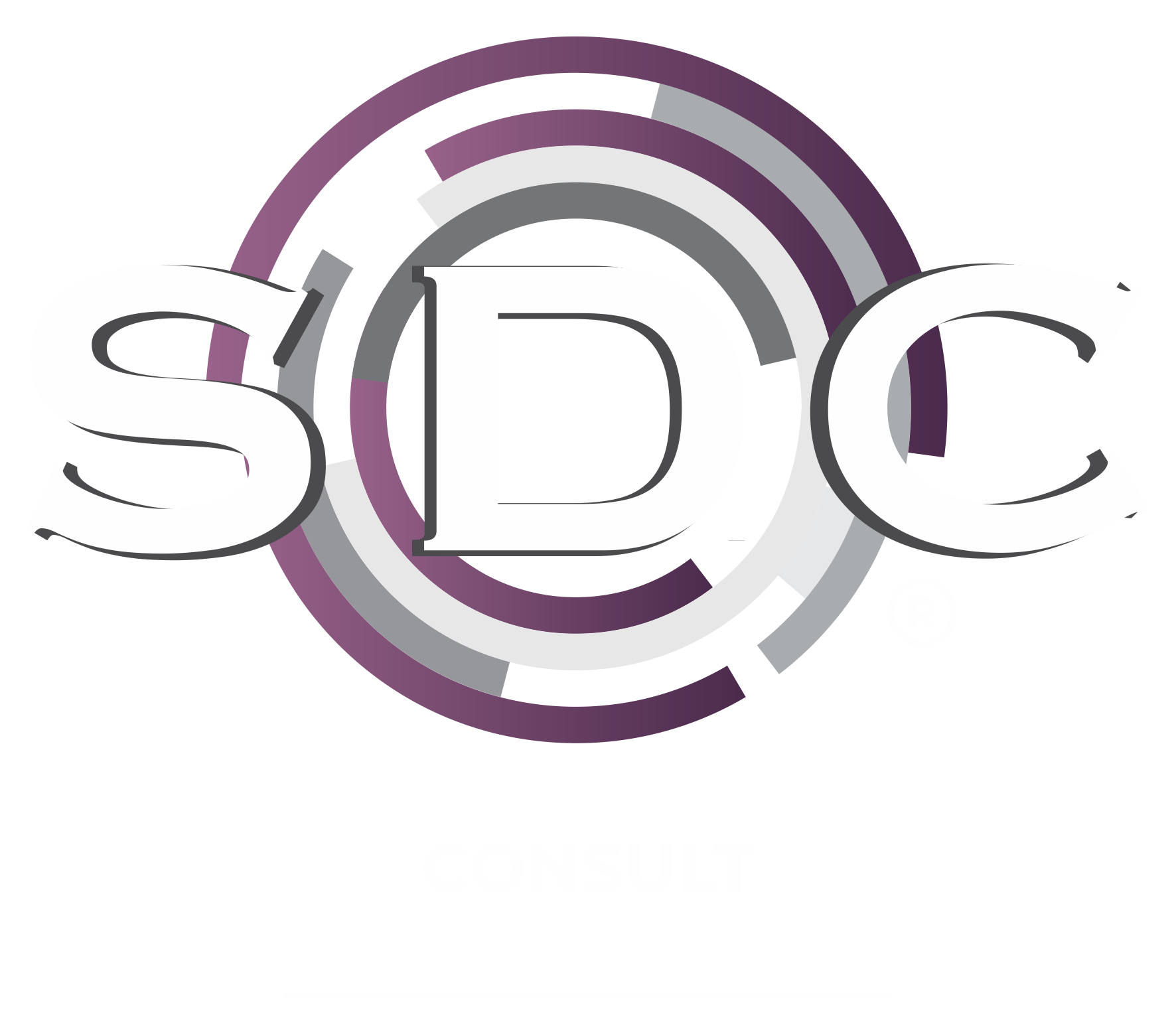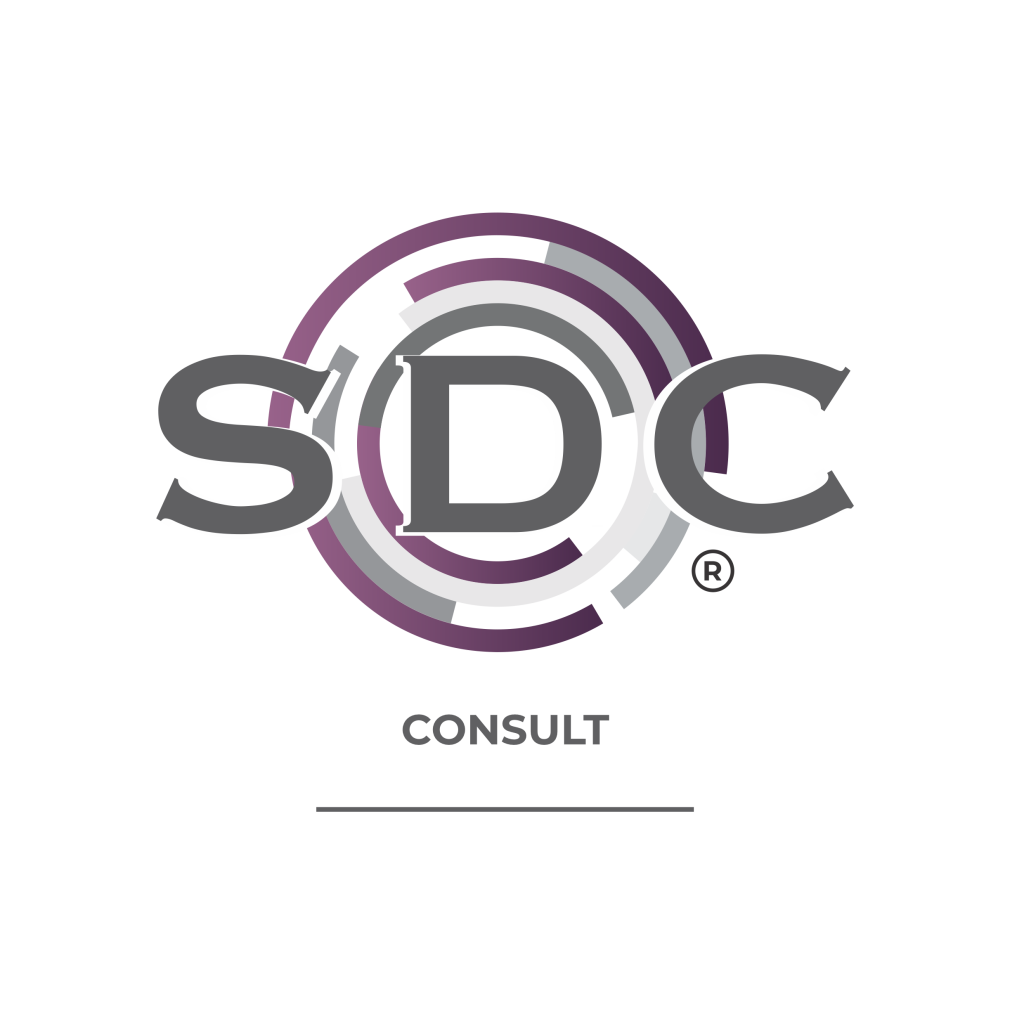
-
SDC Consult > Short Courses > Human Resource Management
Human Resource Management
Certification:
Received upon successful completion of the course.


Human Resource Management
Human resource training, often referred to as HR training, is a critical component of human resource management within organizations. It involves equipping HR professionals with the knowledge, skills, and tools needed to effectively manage and support the workforce. HR training encompasses a wide range of topics, from compliance and legal issues to talent acquisition, development, and employee relations.
HR training can be delivered through a variety of methods, including workshops, seminars, online courses, certifications, and professional development programs. It is essential for HR professionals to stay updated with current trends, regulations, and best practices in human resource management to effectively support the organization and its workforce.

Course Index
- Teamwork
- Factors that affect an effective team
- The introduction processes
- The basis of employment legislation
- Industrial relations policy
What can be learned.
Compliance and Employment Law:
HR professionals need to be well-versed in labour laws, regulations, and compliance requirements at local, state, and federal levels. Training in this area covers topics like workplace discrimination, harassment prevention, wage and hour laws, and employee rights.
Recruitment and Talent Acquisition:
HR training often includes strategies for sourcing, interviewing, and selecting candidates. Training may encompass techniques for writing job descriptions, conducting effective interviews, and making data-driven hiring decisions.
Employee Onboarding:
Training in onboarding practices helps HR staff create effective onboarding programs to welcome and integrate new employees into the organization. This includes orientation, paperwork, and company culture introduction.
Employee Development and Training:
HR professionals learn how to identify employee training needs, plan and implement training programs, and assess their effectiveness. This training often covers topics such as performance management, skills development, and career pathing.
Employee Relations and Conflict Resolution:
HR training addresses strategies for handling employee relations issues, resolving conflicts, and promoting positive workplace relationships. Techniques for effective communication and mediation may be covered.
Compensation and Benefits:
HR staff often receive training in designing and managing compensation and benefits packages. This includes understanding salary structures, employee benefits administration, and compliance with compensation-related laws.
Performance Management:
Training in performance management helps HR professionals establish performance evaluation systems, set goals, provide feedback, and address performance issues.
Diversity, Equity, and Inclusion (DEI):
With the growing emphasis on diversity and inclusion in the workplace, HR training often includes strategies for promoting DEI, mitigating bias, and creating an inclusive work environment.
Employee Engagement and Retention:
HR training may cover techniques for measuring and improving employee engagement and strategies for retaining top talent within the organization.
Labor Relations:
For organizations with unionized workforces, HR professionals receive training in labor relations, including negotiations, collective bargaining, and grievance handling.
HR Technology and Software:
As HR technology continues to evolve, training in the use of HR software, data analytics, and human resource information systems (HRIS) is essential.
Ethics and Professionalism:
Training emphasizes the importance of ethical behavior, confidentiality, and professionalism in HR practices.
Legal and Ethical Responsibilities:
HR professionals learn about their legal and ethical responsibilities, including handling confidential information, maintaining privacy, and ensuring compliance with employment laws.
Change Management:
As organizations undergo changes, HR staff may receive training in change management strategies to facilitate smooth transitions.
HR Leadership and Strategy:
HR training can also be tailored to develop HR leaders who play a strategic role in the organization’s success, including workforce planning and aligning HR practices with business objectives.
Available Platforms:
- Face-to-face at one of our training venues.
- Online via Microsoft Teams.
Check-in time is at 8:15, introduction starts at 08:30 to 09:00am
Course Includes:
Tea, coffee, cookies, 2 sweets, water, pen, manual and a light snack for lunch. The courses usually end around 13:00 depending on the size of the company as well as the number of questions during the course.
Break Times:
There will be a break at 10:30 that includes tea, coffee, and a muffin. The course will commence at 11:00 to 13:00.
